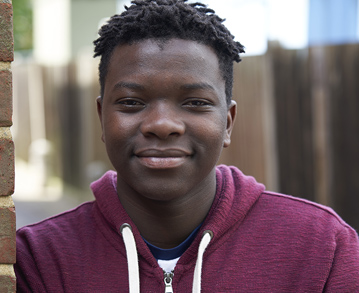Raising a foster child’s self-esteem is important. Confidence issues typically stem from underlying issues because they’ve been removed from the home they know. In extreme cases, they may have also experienced abuse, abandonment or even the death of a parent.
Thankfully, a child’s arrival in your home can be an opportunity to improve their self-esteem as they leave a difficult situation behind. To raise their confidence, praise them, and give them responsibilities when they’re ready.
Giving your foster child a sense of safety
Making your foster child feel safe leads to trust and respect, which is extremely important when they first arrive in your home. To make your child feel safe, give them a sense of security and belonging. Help them feel safe and secure.You can facilitate this through simple activities, like playing board games or joining a sports team. Eventually, you’ll see a change in your child’s self-esteem. Of course, feelings will not change overnight, especially if there’s been any sort of trauma experienced.
Trauma isn’t something a child can easily get over. But in addition to the proper counselling, a safe and secure home environment will go a long way to helping them recover.
Praise, but only when applicable
Every child deserves to feel valued. Many children look up to their parents or guardians as role models. This is a great opportunity to raise their self-esteem by carefully using words and actions to support them in their successes.Use statements that imply your child is doing something well, rather than complimenting them on what they have already done. A child may not recognize their own talents, whether it’s writing
or mechanics, so giving them supplies that support their skills will encourage them to do more. This method also shows you have faith in them and their abilities.
Using toys or gifts instead of promoting a loving relationship can be detrimental to your foster child. They may start to feel entitled and could become materialistic.
Give your child responsibilities they can handle
Don’t ask your child to take on major responsibilities right away. They may not be ready to contribute until they’re settled in their new surroundings. When they’re ready to take on more, start with some regular commitments, like household chores. This will help them have structure, while making them feel needed and part of the team.Be empathetic and understand there will be moments when your child may not be able to handle some responsibilities. This is all OK. Being a foster parent is a long-term commitment, so there’s plenty of time to work through all these issues. Being patient with your children goes a long way to building trust.






































